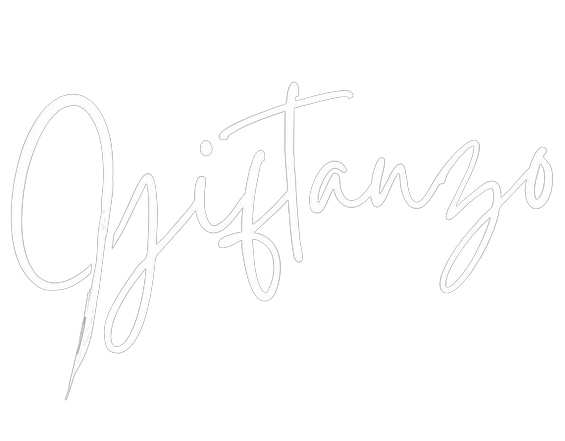
Erotic literature has been a source of fascination and intrigue for centuries, from the ancient Greek texts to modern-day romance novels. Also known as “erotica,” this genre of writing focuses on sexual themes and the erotic desires and experiences of its characters. While often associated with explicit content and adult themes, erotica has a rich history and offers a unique perspective on human sexuality and intimacy.
At its core, erotic literature is a form of storytelling that uses sexuality as a means of exploring the human condition. It often delves into the emotional and psychological aspects of desire, attraction, and love, providing a window into the complexities of human relationships. Through its explicit descriptions and sensual language, erotica can evoke strong emotional responses in its readers, allowing them to explore their own desires and fantasies in a safe and consensual way.
One of the key aspects of erotic literature is its ability to push boundaries and challenge societal norms. Throughout history, erotica has been a vehicle for exploring taboo subjects and expressing sexuality in ways that may not be socially acceptable in other contexts. This has allowed it to serve as a powerful tool for promoting sexual liberation and challenging harmful stereotypes and attitudes.
However, it is important to note that not all erotic literature is created equal. Like any genre, the quality and content of erotica can vary greatly, and it is up to individual readers to determine what works for them. Some erotica may be exploitative or degrading, while other works may prioritize consent, respect, and healthy relationships. It is crucial for readers to approach erotica with a critical eye and to seek out works that align with their values and boundaries.
Despite its potential for pushing boundaries and challenging norms, erotic literature also faces its fair share of criticism and censorship. Many people view erotica as taboo or immoral, and its explicit content can make it a target for censorship and suppression. This is particularly true in countries with strict censorship laws or conservative attitudes towards sexuality. However, despite these challenges, erotica remains a popular and enduring genre, with a dedicated following of readers and writers.
In conclusion, erotic literature offers a unique and powerful perspective on human sexuality and relationships. Through its explicit descriptions and sensual language, it allows adult film content readers to explore their own desires and fantasies in a safe and consensual way, while also challenging societal norms and promoting sexual liberation. While it is important for readers to approach erotica with a critical eye and to seek out works that align with their values and boundaries, there is no denying the allure and impact of this enduring genre.
Sources:
* “The History of Erotic Literature.” The Erotic Literature Society, erotica-readers.org/history.html.
* “What is Erotica?” Erotic Review, 10 Jan. 2017, eroticreview.com/what-is-erotica/.
* “The Power of Erotica.” Psychology Today, Susannah Breslin, 15 Nov. 2010, psychologytoday.com/us/blog/shadow-boxing/201011/the-power-erotica.
* “Censorship and Erotica.” Censorship in Canada, canadiancensorship.ca/censorship-and-erotica/.


